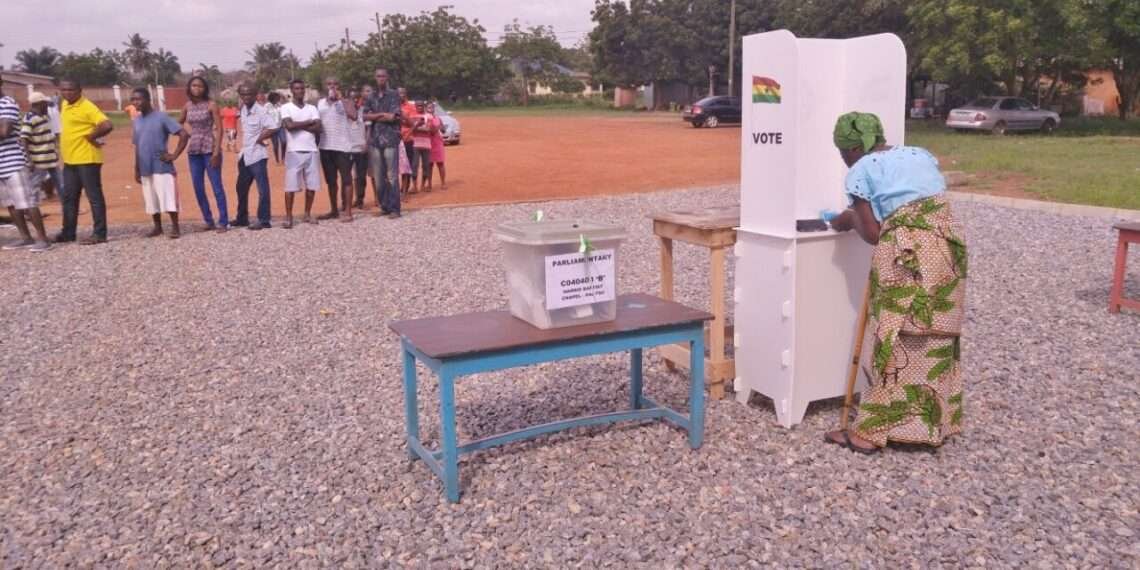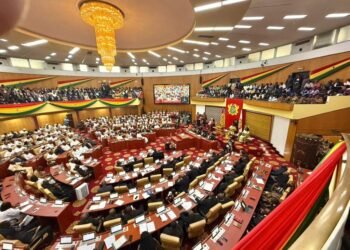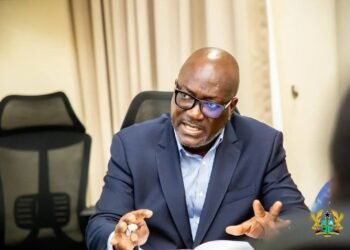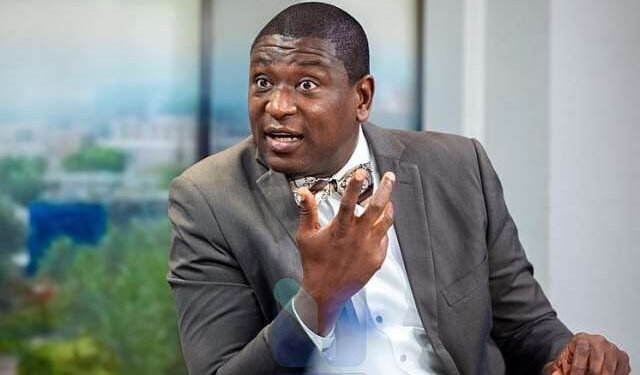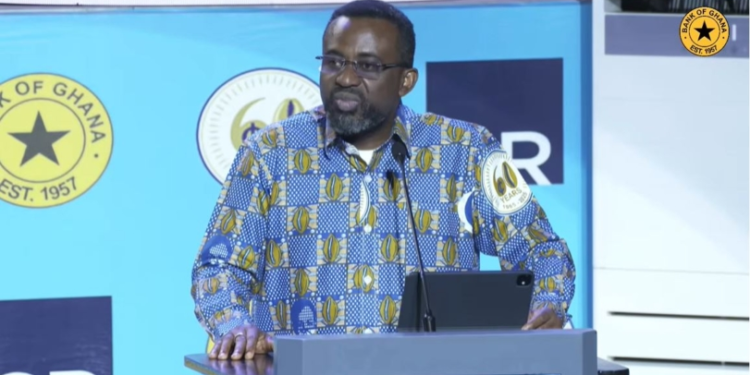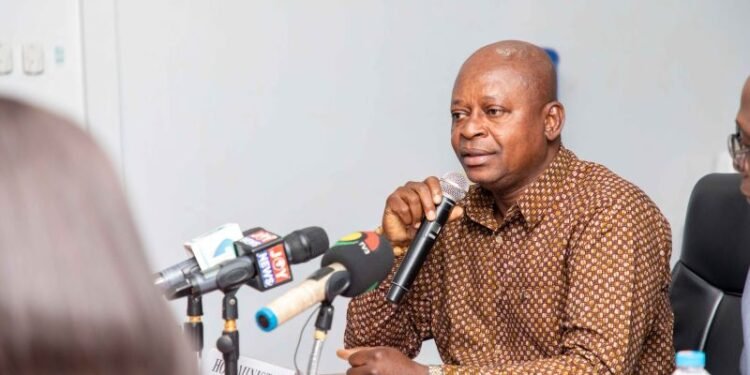As Ghana gears up for its next general elections in 2024, the role of independent state institutions is set to take center stage. Independent state institutions play a critical role in upholding the integrity, fairness, and transparency of the electoral process.
Their independence ensures that elections are conducted impartially, instilling public confidence and safeguarding the democratic principles upon which Ghana’s governance is built.
“Every institution which has been given the sovereign power of Ghana’s citizens under the Fourth Republican Constitution has a Constitutional responsibility and duty to ensure the will of the electorate is expressed freely and without intimidation by those who hold the instruments of state power on behalf of the citizen.”
Martin A.B.K. Amidu, Former Special Prosecutor
The Electoral Commission of Ghana is one of the most important institutions responsible for managing the electoral process. Its independence from partisan influences is crucial to ensure fair and transparent elections.
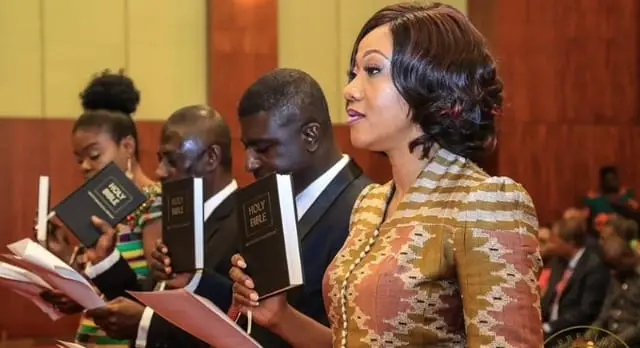
The EC must uphold its duty to register voters, manage the electoral roll, oversee voter education, and conduct free, fair, and credible elections. Its impartiality is paramount in maintaining public trust and confidence in the electoral process.
Mr. Martin Amidu emphasized that an independent Electoral Commission which is not under the control or direction of anybody or person in the performance of its functions, is a constitutional injunction to sustain Ghana’s democracy and Constitution.
The National Commission for Civic Education (NCCE) also plays a pivotal role in promoting civic education and voter awareness. Its independence allows it to educate citizens on their rights and responsibilities, encouraging active participation in the electoral process. The NCCE should provide objective and non-partisan information to the public, empowering voters to make informed choices.
Additionally, the role of security agencies, such as the police and armed forces, is crucial in maintaining law and order during elections. These agencies must operate independently, without favoring any political party or candidate. Its primary responsibility is to ensure the safety of voters, candidates, and electoral materials. By providing a secure environment, they contribute to the overall fairness and credibility of the electoral process.
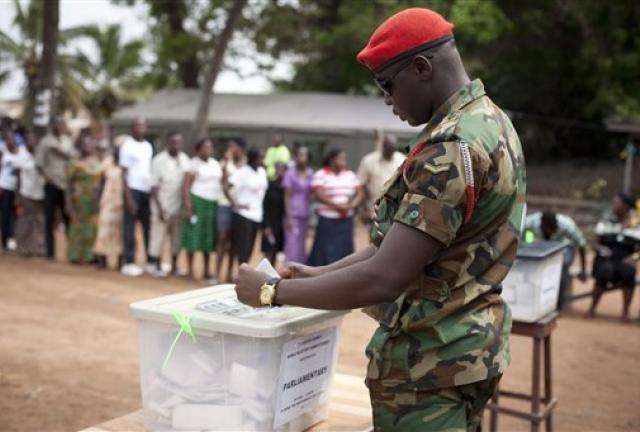
The Inspector-General of Police (IGP) has historically played a central role in ensuring the independence of the electoral process. This was evident in the 2023 by-elections in Assin North, where the IGP’s intervention helped to calm initial tensions and instill confidence in the security arrangements. The military, known for its professionalism and neutrality, also supports the electoral process, providing security when needed, although it generally takes a backseat to the police.
The media plays a crucial role in shaping public opinion during elections. Independent media outlets are essential for providing unbiased coverage and ensuring fair representation of all political parties and candidates. Journalists should adhere to ethical principles, providing accurate and balanced reporting to facilitate an informed electorate.
Moreover, the judiciary also plays a vital role in resolving election disputes and ensuring the rule of law. It is critical that the judiciary remains independent and acts impartially without any political interference. The courts should swiftly address any electoral disputes that may arise, applying the law fairly and objectively to maintain the integrity of the electoral process.
“The projection of citizens action on the 2024 election depends on how the independent state institutions in the three arms of government, particularly the executive branch, and the independent constitutional bodies, particularly the Electoral Commission under the 1992 Constitution, learn from their historical performance and abide by the injunctions of the 1992 Constitution.”
Martin A.B.K. Amidu, Former Special Prosecutor
Ghana’s 2024 elections will be a significant milestone in the nation’s democratic journey. The role of independent state institutions cannot be overstated in ensuring a free, fair, and transparent electoral process. The independence of institutions such as the Electoral Commission, judiciary, security agencies, National Commission for Civic Education, and media is vital for upholding democratic principles, fostering public trust, and maintaining the integrity of Ghana’s electoral system.
These institutions must operate without any political influence and discharge their responsibilities with utmost transparency and impartiality. By doing so, Ghana can set an example for other nations in Africa and beyond, reaffirming its commitment to democratic governance.
READ ALSO: Dr Bawumia Faces Uphill Battle as Poll Reveals Party Discord

